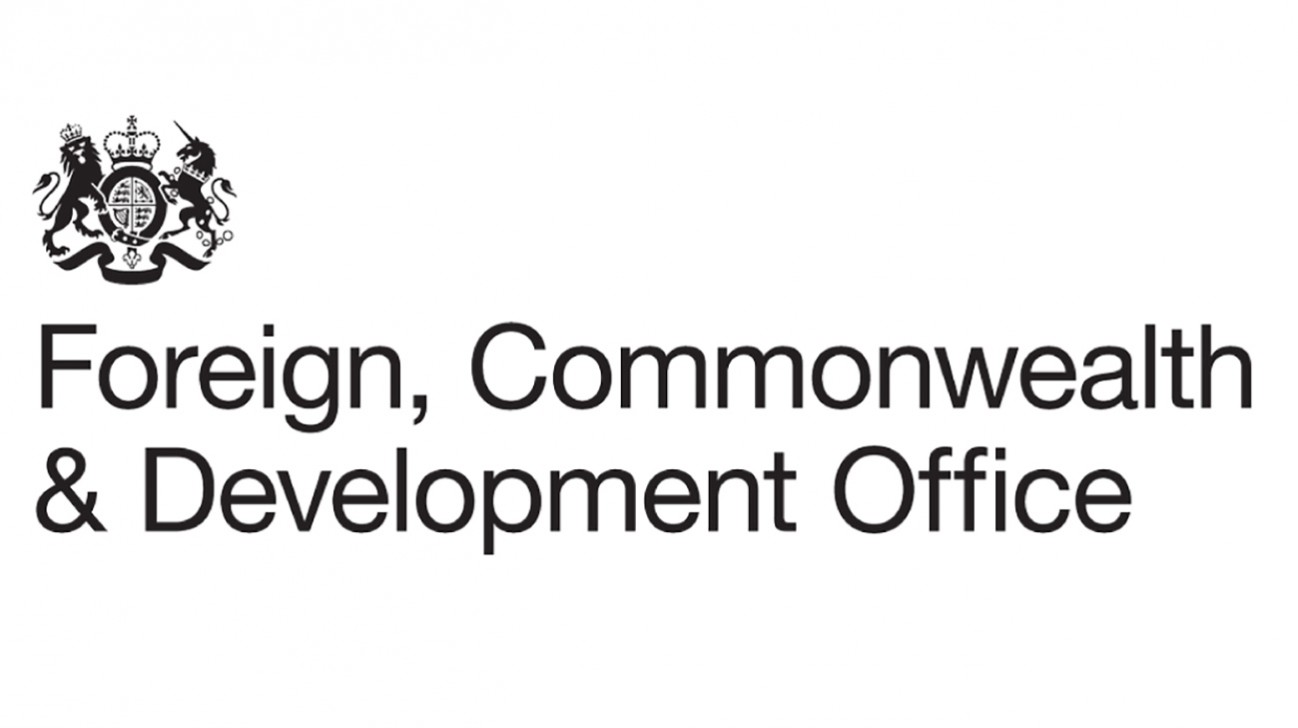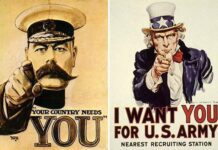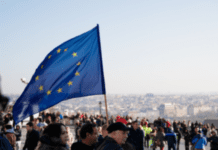In the short time since the Prime Minister announced the creation of a new Foreign, Commonwealth and Development Office, my former colleagues in both the FCO and DFID have been working hard to prepare for its launch tomorrow. But determining the culture of FCDO will be a multi-year task – I was present when DFID was created and know how significant this change in identity could be.
Both the FCO and DFID were organisations whose purpose mattered hugely to their staff and, almost without exception in my experience, to their Ministers. This sense of purpose underpinned the commitment and the performance of their staff. But their role, organisational culture and identity were different. So were the tools at their disposal. So how can the Foreign Secretary and the FCDO leadership team define a purpose that everyone can get behind at a time when the UK is at a critical crossroads, seeking to project a new identity as ‘Global Britain’ in a post-Brexit world?
The answer lies in the Foreign Secretary’s personal priorities, namely democracy and human rights. That is because addressing democracy and rights will both tackle the threats to the UK’s prosperity and security that were the focus of the FCO’s role, and provide the key to updating the DFID approach to poverty reduction. Democracy and human rights are relevant across the international agenda and their strong link to our own values makes them the ideal guiding purpose for the new Department.
Democracy and rights in other countries affect the UK’s national interests and ….
No Minister needs much convincing that the major risks we face as a country arise from countries with political systems that are either closed, as in China, or weak, as in the countries in the Middle East and Central Asia that have generated so much conflict in the past generation and whose citizens have voted with their feet by leaving in the millions. These are countries that abuse human rights instead of protecting them, that enable corruption and whose rulers hold on to power regardless of public opinion. The risks the UK deals with on a daily basis would be reduced if more countries had democratic systems that respected the rule of law and media freedom, held credible multi-party elections, and respected free speech. We need open societies and open economies – in other words, open democracies.
Democracy and human rights are at the heart of the defining challenges of our time – climate change, global health, economic recovery and social justice:
- The obstacles to effective action on climate are essentially political – how to build the social and commercial coalitions needed to decarbonise the economy and manage the tensions that arise from any transition.
- The Covid-19 pandemic has hammered home the importance of political systems that embrace transparency, ensure fair access to healthcare and respect citizens’ rights.
- Nothing about our economic recovery is guaranteed, but the evidence is that democracies manage shocks better than autocracies and that, in the long term, countries that have open systems are much more likely to provide stable and durable investment climates.
- The relevance of the Black Lives Matter protests to communities in countries around the world should not have been a surprise – societies that exclude parts of their communities and that embed corruption remain all too common. Unless you opt for violent repression, only representative, inclusive and accountable democratic politics and protection of individuals’ rights can address these calls for social justice.
…the prospects for the poorest people in the world
Democracy and human rights are also at the heart of poverty reduction, whether you are tackling girls’ education, maternal mortality, communicable diseases or economic growth. For every policy challenge, politics and power determine what is prioritised and how effectively those issues are tackled. The work of international development organisations like DFID – and now FCDO – can make a huge difference in filling both resource gaps and knowledge gaps in those sectors but we also need to look at how well politics is working in our partner countries.
Democracy is not something to be ignored while aid budgets support health and education systems and we urge a level playing field for private enterprise. As Amartya Sen, the Nobel Laureate, said, a “country does not have to be deemed fit for democracy; rather it has to become fit through democracy.” I strongly agree with this. It is lack of accountability and the impunity of corrupt political systems that so often prevents development goals being achieved and fuels conflict. That is why political systems that embed accountability, enable people to feel represented and protect universal human rights should always be immediate priorities, not an afterthought.
Supporting democracy and human rights is therefore at the heart of FCDO’s work across the board and should be at the heart of FCDO’s purpose.
Defining poverty reduction
Democracy and human rights can also help resolve another potential tension within FCDO, namely how it defines poverty reduction when allocating Official Development Assistance (ODA, otherwise known as the overseas aid budget). This is a critical part of the International Development Act which states that the Minister must be “satisfied that the provision of the assistance is likely to contribute to a reduction in poverty….[and] shall have regard to the desirability of … reducing poverty in a way which is likely to contribute to reducing [gender] inequality.”
The Act doesn’t define poverty reduction, but from its creation in 1997, DFID focused on the poorest countries rather than the poorest people. Even today, when so many countries have become middle income countries (MICs) and therefore less aid-dependent, DFID’s instinct has been to focus its work in this way, reinforced by media criticism that slammed aid spending in China and India and other MICs as the aid budget grew (with the obvious exception of humanitarian aid, a large percentage of which has gone to manage crises in the Middle East).
But the world has changed and the creation of FCDO is an opportunity to develop an approach that reflects this. The challenges – climate, health, economic growth, social justice, poverty reduction – affect all countries and can’t be left to a small G-group to solve. Democratic governance is the operating system that we need to address the underlying causes and to overcome the obstacles. We need that at country level and we need a stronger international community of countries that we can collaborate with, countries whose democratic systems are built on the transparency and accountability that means we can trust their motives and their commitments.
So reducing poverty in the poorest countries will only be possible if we also invest in stronger democratic systems in other countries too. Neighbouring countries also need to be open and supportive. Regions matter. And UK ODA is not used as a gift – it is an investment in UK interests. What’s more, the idea that it is handed to other governments is a fantasy. Instead, it is used to source expertise and advice. The 0.7% commitment helps the UK and provides life-saving support to the poorest in the world. It should stay focused on poverty reduction but the FCDO can be smarter about how ODA is targeted, reserving more for programmes that help build the democracy around the world that will do most to end poverty.
We know that democracies are far from perfect, that their policies can be wrong and that they don’t always meet the needs of their people. But, as Winston Churchill said, we know that the alternative is worse – autocracies ultimately protect the interests of a narrow group and crises bring out the worst of them just when you need governments to be at their best. Survey after survey in every region of the world show that people hate corrupt politics and want the freedom to manage their lives and support their families and communities. Cyril Ramaphosa put this well: “In a democracy, every one of us has the power to transform our own lives and the lives of the people around us. That is what democracy means.”
With democracy and human rights as the central principle of the FCDO mission, we can bring together the UK’s values, its global mission, and its responsibilities as a world-beating international development institution. That is a purpose that all FCDO staff and Ministers could get behind as the new Department helps the UK achieve its global ambitions.








